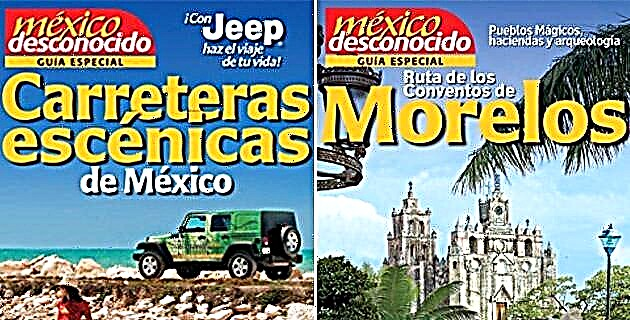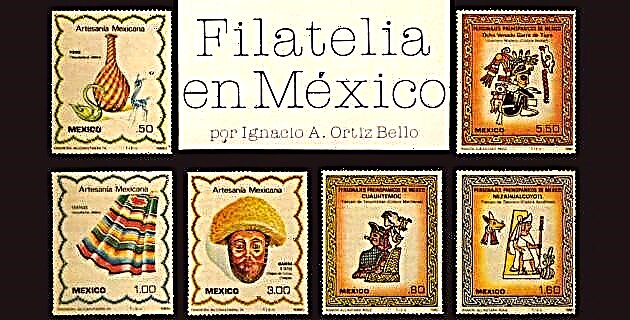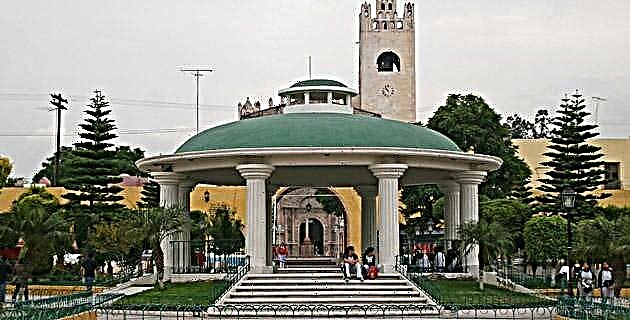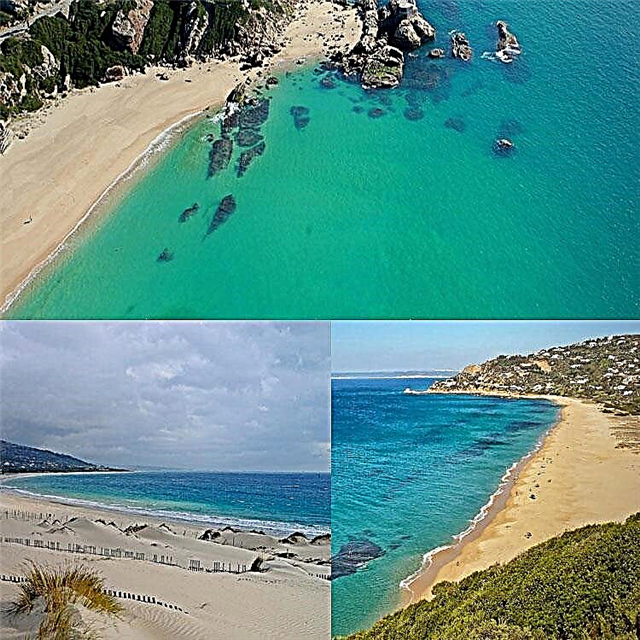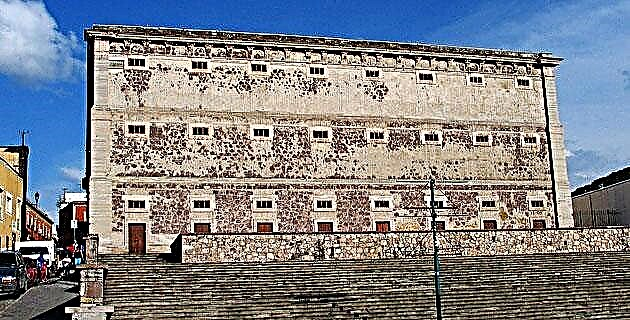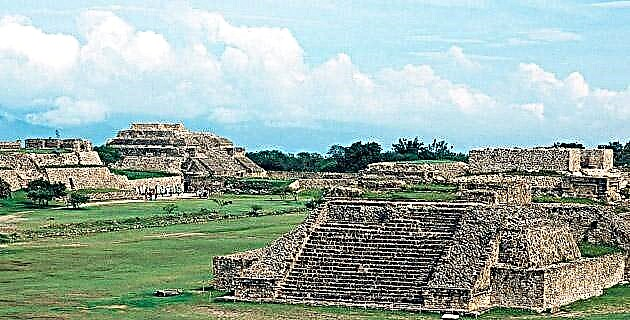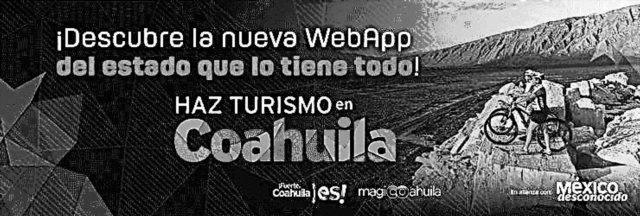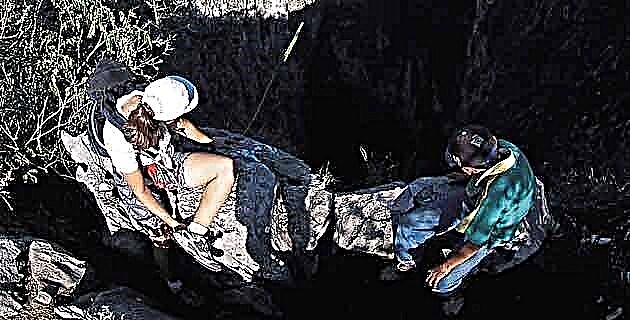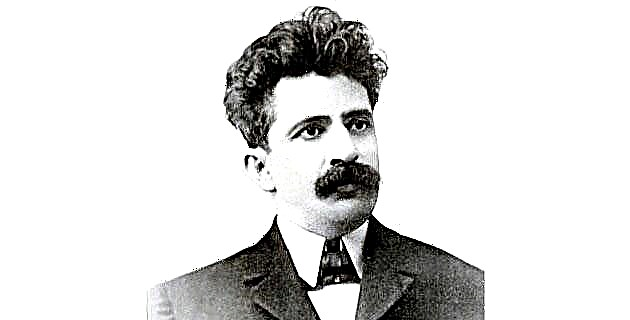
Poet born in Veracruz, Veracruz, the city where he began his studies and continued in Jalapa.
He is considered one of the great poets of America, and his vigor and his theoretical and aesthetic concern influenced poets such as Rubén Darío and Santos Chocano. From the age of 14 he published poems and newspaper articles and at 21 he started as editor of the newspaper La Sensitiva.
The violence of the articles he published for the newspaper El Pueblolo forced him to leave the country in 1876 for the United States. Upon his return (1878) he represented the district of Jalancingo in the Veracruz legislature.
He was an extremely belligerent man for which he had several personal encounters: in Orizaba, as a result of an unfortunate brawl, he was shot with a revolver and his left arm was disabled; In the port of Veracruz he was also wounded, but this time he killed his attacker.
He was a deputy to the Congress of the Union and delivered in Mexico, in 1844, courageous speeches on the occasion of the "English debt."
Secretary of the Veracruz council, in 1892, he killed Federico Wolter for which he remained in prison until 1896. In 1901 he published Lascas, the only book that he authorized as authentic, declaring that the previous editions of his poetry had been fraudulent.
In 1910 he was arrested again for attacking one of his colleagues in the Chamber and released the year after the triumph of the Maderista revolution. It was then that he returned to Jalapa to lead the preparatory school.
In 1913 he was director of the newspaper El Imparcial, supporting the dictatorship of Victoriano Huerta, after the fall of the usurper, the following year, he had to leave the country. He went to Santander and Cuba, in Havana he earned his bread as a teacher.
At the triumph of the constitutionalist bench, in 1920, Carranza forgave him and was admitted back to the country, however, he refused to accept official aid and a tribute that his admirers had prepared for him, only once again accepted the direction of the College Preparatory of Veracruz and a chair of history.
When he died, his remains received public tribute and were transferred to the Rotunda of Illustrious Men.
His first poems were written under the influence of Victor Hugo, which places this poet in the current of the romantics, a current very in line with his passionate temperament.
Since 1884, his change from romanticism to modernism is visible within his poetry and even his prose, although his evolution within this trend has been rapid and rather brief.
Lascas, after his imprisonment, indicates, in some way, his return to the classics, that is, to the Spanish classics, where Quevedo and Góngora were an important part of his influence.
Poet of vivid contrasts, his work is essential for the knowledge of Mexican literature.
His work is collected in:
The Mexican Parnassus (1886)
Poems (New York, 1895)
Poems (Paris, 1900)
Lascas (Jalapa, 1901 with several reissues)
Poems (1918)
Complete Poems (UNAM, with notes by Antonio Castro Leal, 1941)
Poetic Anthology (UNAM 1953)
Prosas (1954)

